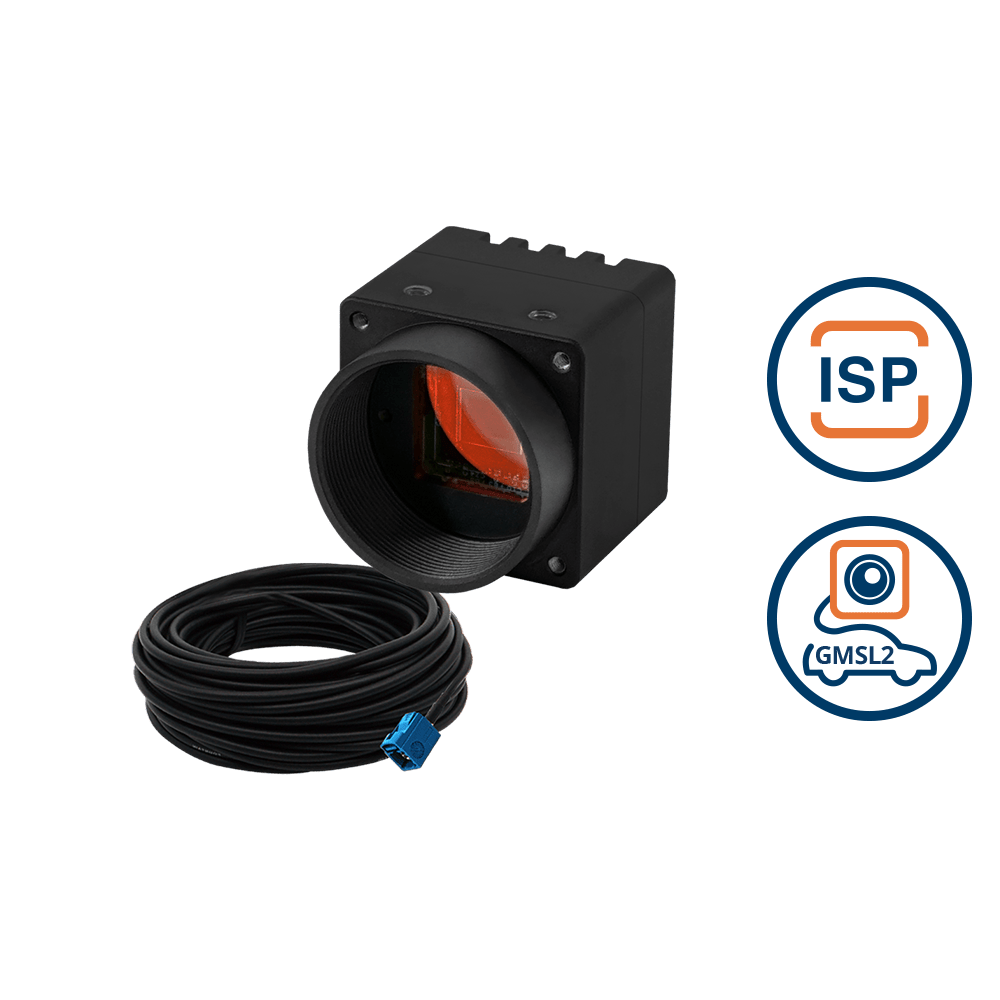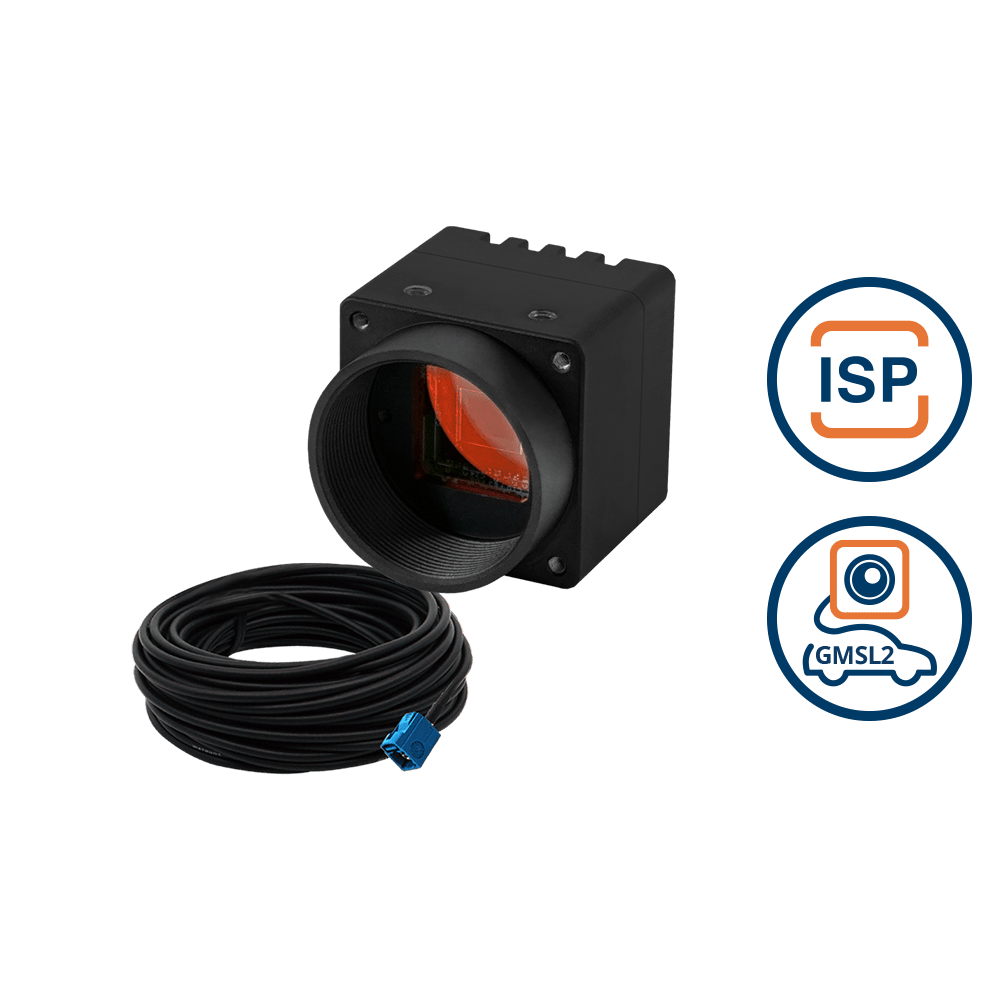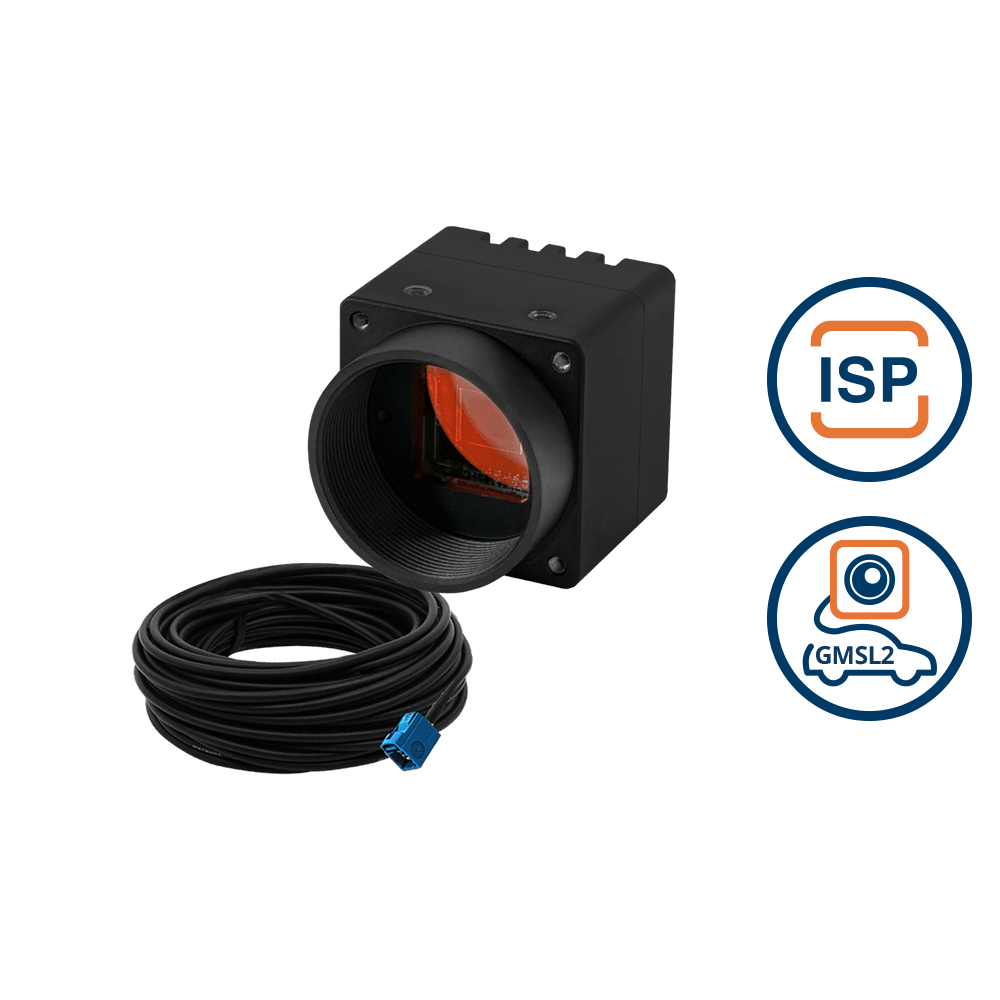Smart cameras are rapidly transforming industries, enhancing security, streamlining retail operations, optimizing healthcare monitoring, and powering smart city initiatives. From facial recognition in airports to real-time traffic management and AI-driven retail analytics, these intelligent surveillance systems are revolutionizing how data is collected and utilized.
However, with this widespread adoption comes a growing concern: privacy.
Most smart cameras rely on cloud-based processing, where footage is transmitted to remote servers for analysis. This introduces serious security risks, including unauthorized access, data breaches, and surveillance overreach. In August 2024, security researchers discovered an unpatched vulnerability in AVTECH IP cameras, widely used in critical infrastructure, that was being exploited to spread Mirai malware.
AVTECH cameras are deployed in key sectors like finance, healthcare, public health, and transportation. This incident underscored the immense risks of cloud-reliant surveillance systems with unaddressed security flaws.
Edge AI presents a privacy-focused alternative. By processing video data directly on the device rather than sending it to the cloud, Edge AI minimizes data exposure, reduces security risks, and ensures compliance with privacy laws. This blog explores the privacy challenges of smart cameras and how Edge AI technology offers a solution, enabling intelligent surveillance without compromising user privacy.
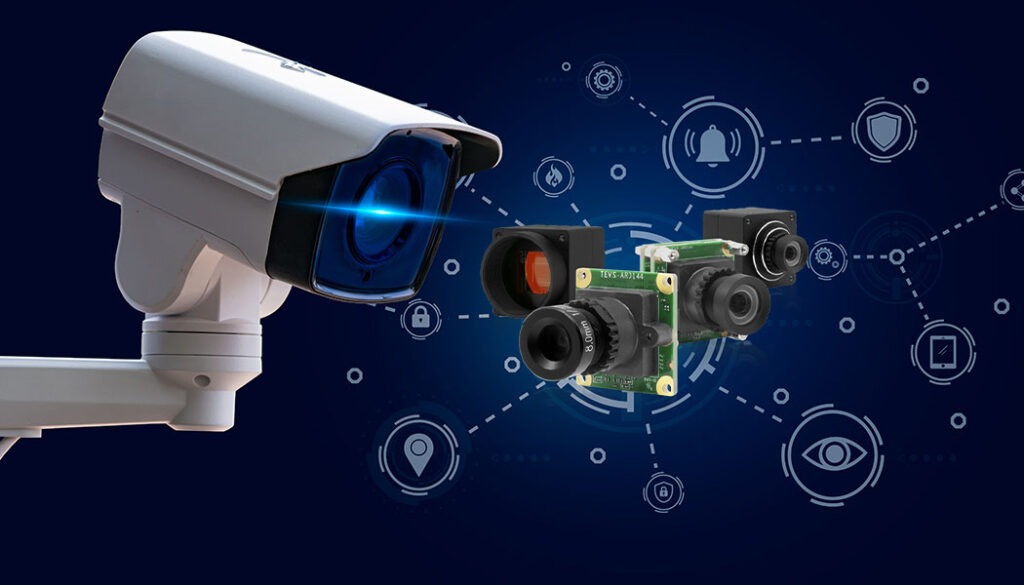
Privacy Challenges in Smart Cameras
While smart cameras enhance security and operational efficiency, their reliance on constant data collection and cloud-based processing exposes individuals and organizations to substantial risks.
Data Collection & Storage Risks
Smart cameras generate an enormous amount of data daily, depending on resolution, frame rate, and recording duration. This footage often includes sensitive personal information like facial details, behavioral patterns, and even biometric data, creating a vast repository of potentially exploitable data.

Cloud-based processing further complicates matters. Once footage is uploaded to remote servers, organizations often lose direct control over their data. Third-party cloud providers may share stored footage with advertisers, law enforcement agencies, or analytics firms without explicit user consent.
For instance, it was revealed that Amazon’s Ring had partnerships with U.S. police departments, allowing officers to request access to private security camera footage without a warrant. This raised serious concerns about mass surveillance and data misuse.
Additionally, centralized data storage increases the risk of breaches. Cybercriminals target these repositories, leading to large-scale data leaks. If encryption and access controls are inadequate, millions of video feeds can be exposed, putting individuals’ privacy at risk.
Unauthorized Access & Hacking
The widespread connectivity of smart cameras makes them prime targets for hackers. Cybercriminals exploit security flaws in IoT cameras, gaining access to live feeds, stored footage, or even control over the device itself.
One of the most alarming cases involved Ring security cameras. Hackers infiltrated these cloud-based devices and spoke to children through the cameras’ two-way audio system, terrifying families across the U.S. In another case, cybercriminals hijacked cameras in a Tesla factory, gaining access to sensitive footage of operations and workers.
Beyond unauthorized spying, ransomware attacks are emerging as a major threat. Hackers can hijack smart camera feeds and demand ransom payments to restore access. Many surveillance systems rely on outdated firmware, weak authentication mechanisms, or unpatched security flaws, making them vulnerable to exploitation.
Once compromised, attackers can lock users out of their own systems, manipulate camera feeds, or even sell access to unauthorized third parties. Without strong encryption and regular security updates, smart cameras remain an easy target for cybercriminals.
Compliance & Legal Issues
With growing privacy concerns, global regulators are tightening data protection laws to ensure smart camera providers prioritize user privacy. Failure to comply with these regulations can lead to hefty fines.
Regulatory frameworks like GDPR, CCPA, and other data protection laws impose strict guidelines on how surveillance data should be collected, stored, and processed. Companies must implement privacy-by-design principles, ensuring minimal data retention and robust security measures to avoid legal repercussions.
Upcoming regulations like the EU AI Act will impose stricter guidelines on AI-powered surveillance systems, requiring higher transparency and accountability. Additionally, California’s CCPA and Singapore’s PDPA mandate that companies provide users with more control over their personal data, restricting indiscriminate collection and storage.
Despite these regulations, enforcement remains a challenge. Many smart camera providers lack clear privacy policies or fail to implement robust safeguards, exposing individuals and organizations to compliance risks.
Ethical Concerns: Mass Surveillance & Bias
AI-powered surveillance systems raise significant ethical concerns, particularly regarding mass surveillance and potential biases in facial recognition technology. These systems can misidentify individuals due to inherent flaws in AI models, leading to false accusations and legal complications.
Additionally, the use of AI in public surveillance sparks debates about privacy violations and government overreach. Critics argue that widespread deployment of smart cameras without strict oversight could erode civil liberties.
It could create an environment where individuals are constantly monitored and their actions scrutinized. Calls for greater transparency, accountability, and ethical AI development continue to grow as these technologies become more pervasive.
As surveillance technology becomes more powerful, balancing security with individual rights remains one of the most pressing challenges of the digital age.
How Edge AI Improves Privacy in Smart Cameras
Edge AI offers a transformative approach to privacy in smart cameras by minimizing data exposure, enhancing security, and ensuring compliance with privacy regulations.
On-Device Processing Reduces Data Exposure
Traditional cloud-based smart cameras transmit data to external servers for processing, increasing the risk of unauthorized access and data breaches. Edge AI eliminates this vulnerability by handling data locally, ensuring that sensitive information never leaves the device. This is particularly beneficial in applications like facial recognition for access control, where AI can verify identities in real time without storing or sharing images with third-party servers.
Additionally, Edge AI enables anonymized real-time analysis. For instance, smart cameras in retail stores can track foot traffic and customer behavior without storing identifiable information. By processing events directly on the device, businesses can gain valuable insights while maintaining compliance with privacy standards. This shift towards local data processing significantly reduces exposure to cyber threats and unauthorized surveillance.
Enhanced Security Through Decentralization
Cloud-based surveillance systems present a significant security risk due to their centralized nature. A single breach can expose vast amounts of sensitive footage, making them an attractive target for cybercriminals. Edge AI mitigates this risk by decentralizing data processing across multiple devices, limiting the impact of potential security breaches.
Each camera operates independently, ensuring that even if one device is compromised, the breach does not affect the entire network. Additionally, local encryption techniques further enhance security by protecting stored and processed data from unauthorized access. By decentralizing AI-powered surveillance and imaging, organizations can create a more resilient security framework that is less susceptible to large-scale cyberattacks.
Compliance with Data Privacy Regulations
With increasing regulatory scrutiny, businesses must ensure that their surveillance systems align with global privacy laws. Edge AI offers a privacy-first approach by processing and storing data locally, reducing the need to transfer or retain personal information. This built-in privacy compliance makes it easier for organizations to meet stringent regulations such as the General Data Protection Regulation (GDPR) and the California Consumer Privacy Act (CCPA).
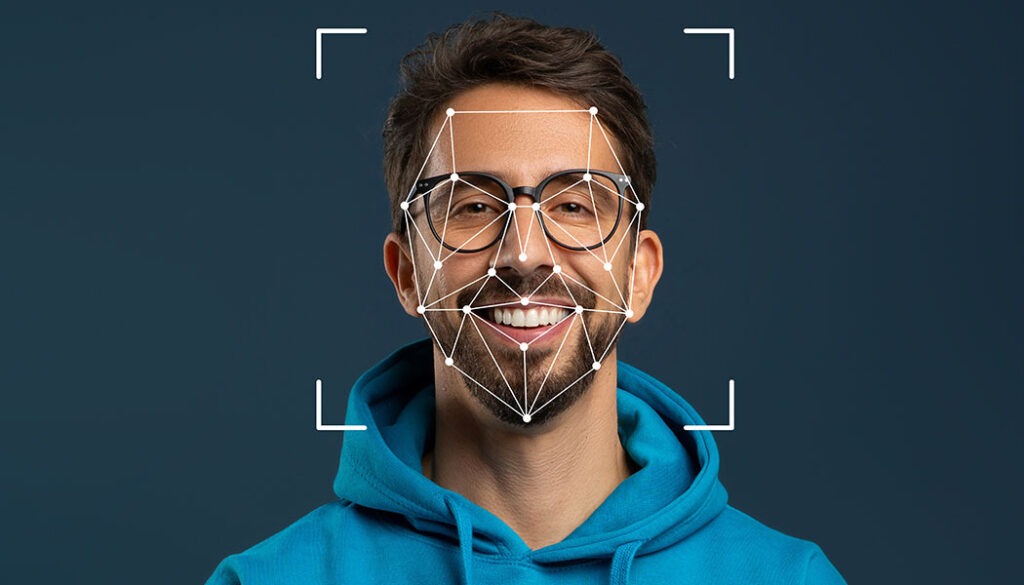
Real-Time Privacy Features
Edge AI-powered smart cameras incorporate advanced privacy-enhancing technologies that minimize unnecessary data exposure. One such feature is automatic face redaction, where AI blurs faces before storing or transmitting footage. This ensures that personal identities remain protected while maintaining the usability of surveillance footage for security and operational insights.
Another critical privacy measure is restricted access control, where AI-driven authentication mechanisms ensure that only authorized personnel can access video feeds. This prevents unauthorized surveillance and minimizes the risk of data misuse.
Additionally, event-based recording optimizes privacy by eliminating continuous surveillance. Instead of recording 24/7, Edge AI cameras activate only when specific events occur, such as motion detection or unauthorized access. This approach not only conserves storage and bandwidth but also ensures that surveillance footage is collected only when necessary, reducing the risk of privacy violations.
Challenges & Limitations of Edge AI in Smart Cameras
While Edge AI presents a promising solution for enhancing privacy in smart cameras, it is not without its challenges and limitations.
Hardware Costs
One significant barrier is the initial investment required for Edge AI-enabled smart cameras. These devices necessitate powerful processors capable of handling complex computations, which can increase upfront costs for businesses looking to implement this technology.
Processing Limitations
Although Edge AI reduces reliance on cloud processing, some advanced AI models, such as deep neural networks, still require substantial computational power. In certain cases, these models may need cloud assistance to function effectively, negating some of the privacy benefits of localized processing.
Firmware Updates
Regular firmware updates are crucial for maintaining security and effectiveness in Edge AI models. However, managing these updates across multiple decentralized devices can be complex and resource-intensive, potentially leading to lapses in security if not handled properly.
Storage Constraints
While Edge AI minimizes dependency on cloud storage, it still requires local storage for various operations. This local storage can be limited, posing challenges for storing extensive data or running advanced analytics on-device, which can hinder the overall functionality of smart camera systems.
The Future of Privacy-First Smart Cameras with Edge AI
The future of smart cameras is leaning toward privacy-first solutions driven by Edge AI and innovative technologies. One promising development is the hybrid approach that combines Edge AI with federated learning. This method allows AI models to learn and improve without sending sensitive data to the cloud, thereby enhancing user privacy while maintaining performance.
Additionally, advancements in AI model optimization techniques, such as quantization and model compression, are enabling powerful AI capabilities to run on compact smart cameras, making them more efficient and accessible.
As concerns about data privacy continue to rise, there is also increased regulatory pressure from governments and privacy advocates. These stakeholders are pushing for privacy-centric AI solutions that ensure consumer rights are protected, driving the demand for smart cameras that prioritize user privacy without compromising on functionality. This shift promises to revolutionize the surveillance landscape, making it safer and more respectful of individual privacy rights.
Wrapping Up
Smart cameras offer powerful surveillance and automation capabilities, but their reliance on cloud-based processing raises significant privacy concerns. Unauthorized access, data breaches, and compliance risks have made it clear that traditional cloud-dependent systems are not the safest option. Edge AI presents a privacy-first alternative by keeping data on-device, reducing exposure to cyber threats while ensuring real-time processing.
Related Products
Get a Quote
Fill out the details below and one of our representatives will contact you shortly.

